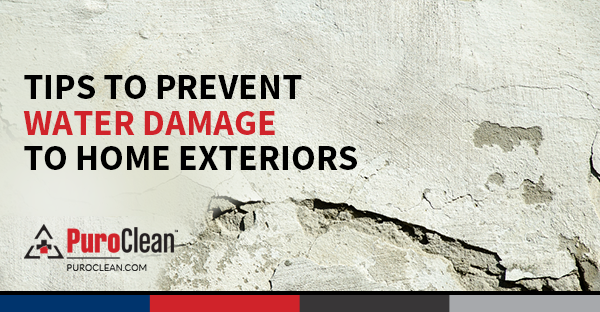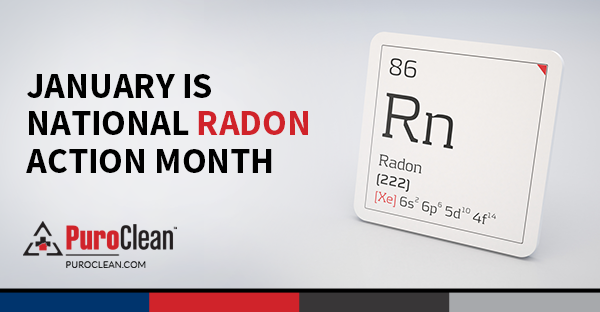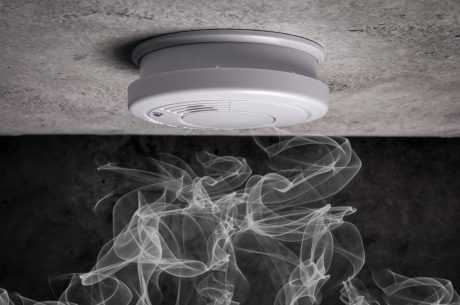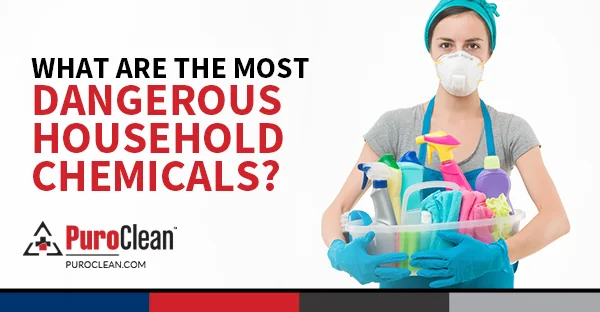Your Local St. Augustine, FL Property Restoration Blog
September 6th 2017
Time to Get Ready – It’s National Preparedness Month
September is National Preparedness Month (NPM) and is sponsored by the Federal Emergency Management Agency (FEMA).
Read the article




















 PuroClean Emergency Restoration Services
PuroClean Emergency Restoration Services